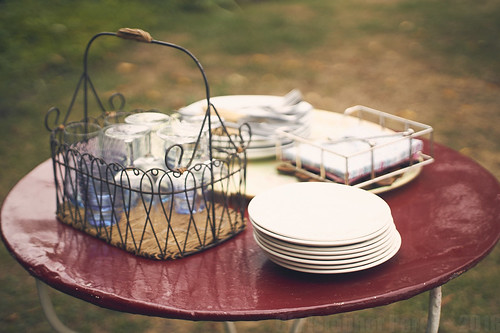Something caught my eye this week.
It's been a few weeks since Jacque Chirac passed away and there was a mass held in his honor. All the notables were there. Ex-presidents of the French Republic, African and Middle-East leaders, and the Russian President Putin were there.
Apparently Valerie Giscard d'Estaing got a little impatient with waiting for the ceremonies to begin. He was overhead asking when things were going to get going. If you know anything about Giscard and Chirac it probably is this; Giscard roundly disliked Chirac. So there were chuckles when someone in the crowd said that this was the first time they'd ever seen Giscard impatient to see Chirac.
Some time into the ceremonies a quêteur passed through the crowd accepting offerings. He came to the French ex-Presidents and "Scooter d'Amour" Holland pulled out a bill and dropped it into the basket. Ex-President "Bling-Bling" Sarkozy just stood there. This prompted his wife, the famous Carla Bruni, to tell him that the man was waiting.
The offering basket then headed to the heads of state. The Congolese President hauled out a big wad of money and made his offering. Seeing this, the King of Jordan hauled out an even bigger wad "like a henchman wasting no time hauling out a second bundle." [hastily translated from the original French]
Trump's Best Friend "fusille" Putin was approached next. He threw the poor quêteur a "metallique" look. This sent the quêteur scampering away, leaving hanging all those who were waiting to make their offering.
Gawds! ...to have been a fly on the wall of this event... Good thing we have le Canard!


